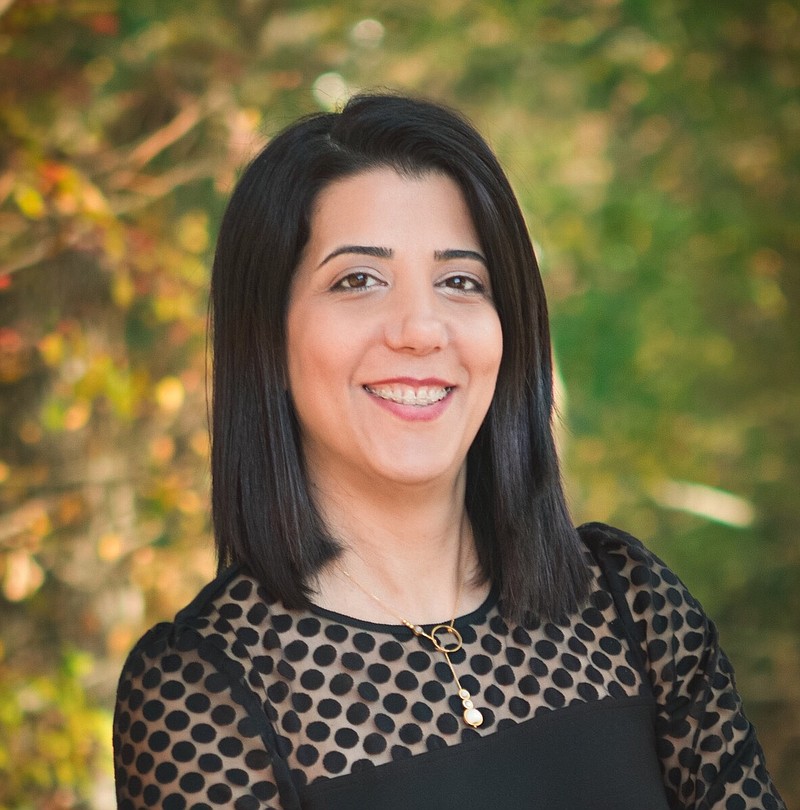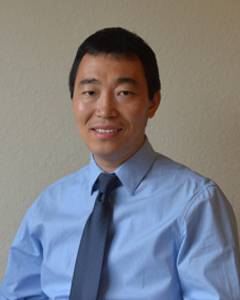How can Newark, N.J., prevent people from ripping off its light rail system by not paying the fare? The New Jersey Institute of Technology is helping the city figure that out.
Detroit has assistance from Wayne State University to map the city's urban tree canopy, and the information will be made public to plan tree planting and stewardship.
A Ph.D. student at Harvard's School of Public Health aims to help improve bike safety in Boston.
Those are some examples of town-and-gown research cooperation underway through MetroLab Network, a national network of 35 city-university partnerships focused on bringing data, analytics and innovation to city government.
Add the city of Chattanooga and the University of Tennessee at Chattanooga (UTC) to the network that was founded in 2015 with a $1 million MacArthur grant to Carnegie Mellon University and the city of Pittsburgh.
"Chattanooga's city officials and researchers have already rolled up their sleeves to figure out how to work together towards finding the most informed solutions possible to specific challenges," MetroLab Network's Executive Director Ben Levine said in a news release.
One example of that is Dalei Wu, an assistant professor of engineering and computer science at UTC.
He's leading a project to use EPB's 1-gigabit fiber network to map, monitor and manage underground urban utilities, or infrastructure, in Chattanooga. The project got a $300,000 grant from US Ignite, a nonprofit organization whose goal is to promote adoption of "ultra-fast" broadband.
Another example of local town-gown collaboration has turned East Fifth Street near the Confederate Cemetery into a "test bed" for self-driving vehicles.
Using a $600,000 US Ignite grant, routers that connect to EPB's one-gigabit fiber network were placed along the stretch of street with help from EPB, the Chattanooga Department of Transportation (CDOT) and the Enterprise Center, a public-private partnership housed in the Edney Building in the city's Innovation District.
Imagine being stuck in traffic behind a big truck or sport-utility vehicle that you can't see around.
To alleviate that problem, a UTC professor and her students have rigged up cars so they can "see" through each other's dash camera. The technology is for self-driving cars; it could be used in the future as computers in self-driving cars communicate with one another.
"This is another source of information that they can have," said Mina Sartipi, a UTC professor who's leading the project. She's the Urban Science and Technology Program Leader at UTC's SimCenter computer research facility.
Sartipi gave a presentation about the project this summer at the 2017 US Ignite Application Summit in Austin, Texas. It showed UTC students driving on East Fifth Street in three "connected vehicles" equipped with the experimental technology.
"This type of coordinated partnership between UTC and the city of Chattanooga has extensive, long-term gains for everyone," Chancellor Steve Angle of UTC said.
The Chattanooga/UTC membership in MetroLab Network will be formally announced this fall at MetroLab's annual summit hosted by Georgia Tech and the city of Atlanta.
Contact staff writer Tim Omarzu at tomarzu@timesfreepress.com or www.facebook.com/MeetsForBusiness or on Twitter @meetforbusiness or 423-757-6651.

